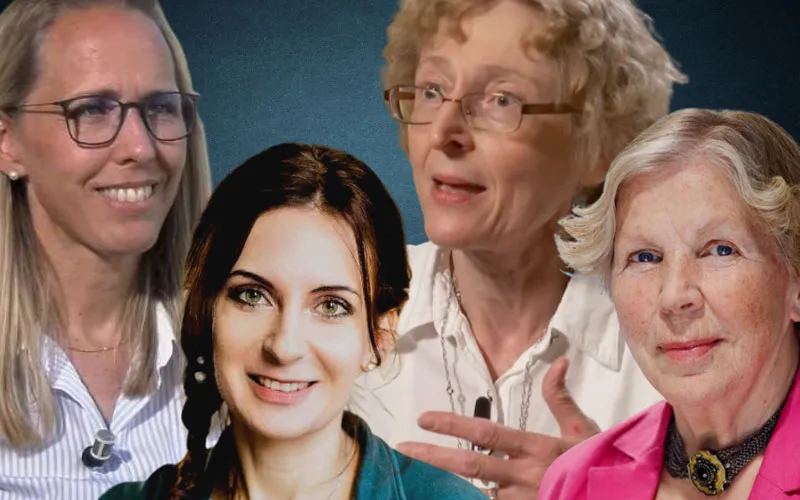Munich, 22 February, 2023 / 8:53 pm (ACI Africa).
Ahead of the German Synodal Way’s final meeting next month, four prominent participants – all of them women – officially announced they were quitting the controversial process on Wednesday, February 22.
The theology professors Katharina Westerhorstmann and Marianne Schlosser — together with the philosopher Hanna-Barbara Gerl-Falkovitz and the journalist Dorothea Schmidt — raised fundamental objections about the direction and the conduct of the German event on February 22, reported CNA Deutsch, the ACI Group’s German-language news agency.
The Synodal Way was “casting doubt on central Catholic doctrines and beliefs,” the women said in a statement published by the newspaper Welt. They also accused organizers of ignoring the Vatican’s repeated warnings and interventions.
What is more, the departing delegates — three of which are university professors, and two are Ratzinger Prize winners — accused the process organizers of using pressure tactics not commensurate with synodality.
In response to a request for comment from CNA Deutsch, the communication directors of the Synodal Way, Britta Baas and Matthias Kopp, offered a brief statement on Wednesday: “The presidium of the Synodal Way has noted the decision with regret.”





